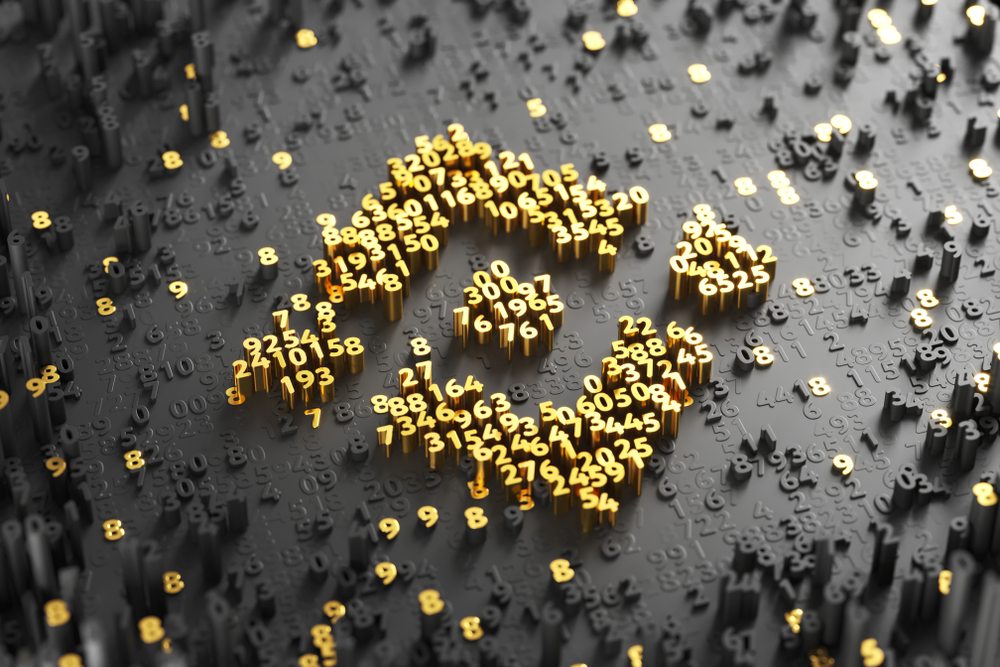Binance Unveils Latest BEP-95 Upgrade With Real-Time Token Writing
Binance Smart Chain has announced its proprietary Binance Evolution Protocol BEP-95, which will facilitate real-time recording on the BSC network.
The company also said that BEP-95 will make BSC more decentralized by radically increasing BNB’s writing speed.

Binance’s latest BEP-95 upgrade introduces real-time token recording
Amid the ongoing rally of Binance’s native token, Binance Coin (BNB), the developers of Binance Smart Chain (BSC) have proposed other measures to maintain the token’s deflationary model.
The proposal comes as the BNB has seen a major rally recently, with the token crossing the $ 500 mark on October 20th.
BSC developers made the proposal on Friday, noting that the new BEP-95 could reduce the total number of BNB validators and delegators obtained from staking. The combustion mechanism is activated by smuggling manageable parameters into the two smart contracts of the gas toll system.
The real-time recording system BEP-95 will be restricted in operation in the BSC network and the supply of BNB will continue to reduce even after the target supply of 100 million BNB has been reached, so the value of BNB will increase with higher demand. However, the press release clearly states that the upgrade is still in the development phase.
“The BSC network can accelerate the combustion of BNB and improve its intrinsic value by burning part of the gas charge. BNB holders decide how BSC gas awards are sent. While this implementation of BEP can reduce the total amount of BNB validators and delegators from staking, the pre-determined value of their rewards can increase. This combustion mechanism will further reduce the supply of BNB; Therefore, the growing demand will drive the value of BNB higher. “
BEP-95 and burning rate of the gas charge
According to the new Binance Evolution Protocol, BEP-95, BSC developers are considering introducing a real-time burning mechanism for some gas charges in order to reduce the supply of BNB and increase the value of BNB through increasing demand. According to the BEP, the BNB owners decide how to send the BSC gas price.
The exchange notes that each block burns a fixed percentage of the gas fees charged by the validators and that the burn rate is also adjusted by governance. The control parameters for the burn rate are mentioned in the ValidatorSet contract. This means that the validator has to sign a transaction at the end of each block in order to fulfill the escrow function of the contract to transfer additional gas fees. The initial recommended burn rate is 10 percent.
In addition, Binance mentioned that the process of changing the burnRatio rate is determined by a democratic proposal and the voting system of the BSC validators based on their voting rights (BNB staking). Each community member has the opportunity to propose changes to the parameters, and the implementation takes place when registering, in order to deposit at least 2,000 BNB in the mainnet.
“This will allow the validators to vote on the proposal; all NBB will be returned after the proposal has been voted on. BSC validators can vote “for” or “against” depending on their voting strength. “
BNB was founded by Binance in 2017 and is inherently a deflationary token, which means Binance burns a percentage of the BNB supply every three months to preserve the value of the token. Binance will stop burning BNB once 50% of the initial supply is burned and there are only 100,000,000 BNB left.
The last BNB token burn took place on October 18, with Binance burning 1,335,888 BNB ($ 640 million) in its 17th quarterly burn.
Join our Facebook group and Telegram group Coincu News to chat with more than 10,000 other people and exchange information about the crypto currency market.
Important NOTE: All content on the website is for informational purposes only and does not constitute investment advice. Your money, the choice is yours.
Follow the Youtube Channel | Subscribe to telegram channel | Follow the Facebook page






















